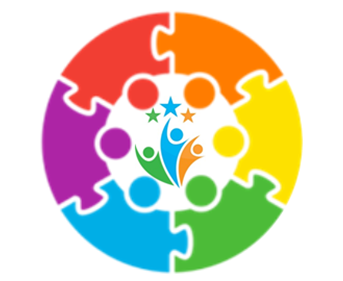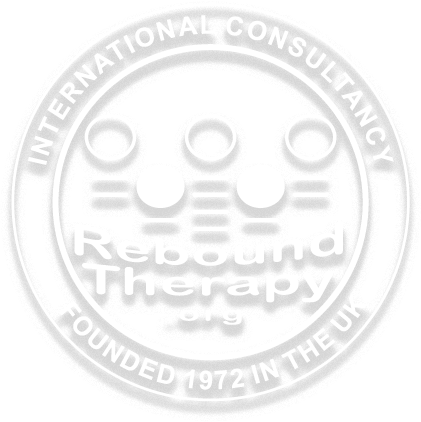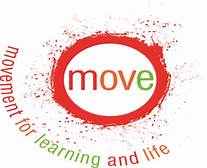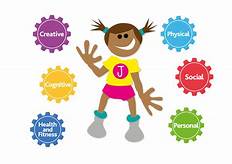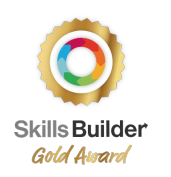Creative Arts
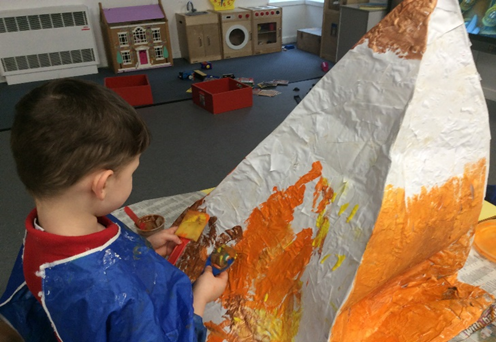


We are lucky to work with several establishments around our art curriculum including the Tate gallery in St Ives, local artists around the Mazey day parades and weekend and students from the London school of Art who work with our students for a week at a time providing workshops, art activities and music around a particular theme.
Early Years Foundation Stage (EYFS):
- Explore and experiment with a range of materials and tools, including paint, clay, and collage materials.
- Use simple shapes and lines to create images.
- Begin to express personal ideas and feelings through art.
- Develop hand-eye coordination and fine motor skills through art-making activities.
Key Stage 1 (KS1):
- Use a range of techniques, such as printing, collage, and painting, to create images.
- Begin to understand the elements of art, such as colour, shape, and texture.
- Experiment with different materials to create different effects.
- Develop observational skills by looking at and discussing different art forms.
Key Stage 2 (KS2):
- Use art to explore different topics and themes across the curriculum.
- Develop an understanding of different art styles and movements.
- Experiment with different media to create mood and atmosphere in their art.
- Use art to communicate ideas and messages effectively.
Key Stage 3 (KS3):
- Develop their own personal style and approach to art-making.
- Critically analyse and evaluate different art forms and techniques.
- Experiment with more advanced techniques and processes,
- such as printmaking and sculpture.
- Use art to explore and communicate complex themes and ideas.
Key Stage 4 (KS4):
- Develop technical skills in specific art forms, such as drawing or painting.
- Experiment with different media and techniques to create a body of work that demonstrates their skills and interests.
- Analyse and evaluate their own work and the work of others.
- Use art to explore their own identity and experiences.
Key Stage 5 (KS5):
- Develop a strong understanding of art history and theory.
- Experiment with different approaches to art-making, including collaborative and interdisciplinary approaches.
- Develop a personal project that demonstrates their skills and interests.
- Critically reflect on their own work and the work of others in relation to contemporary art practice.
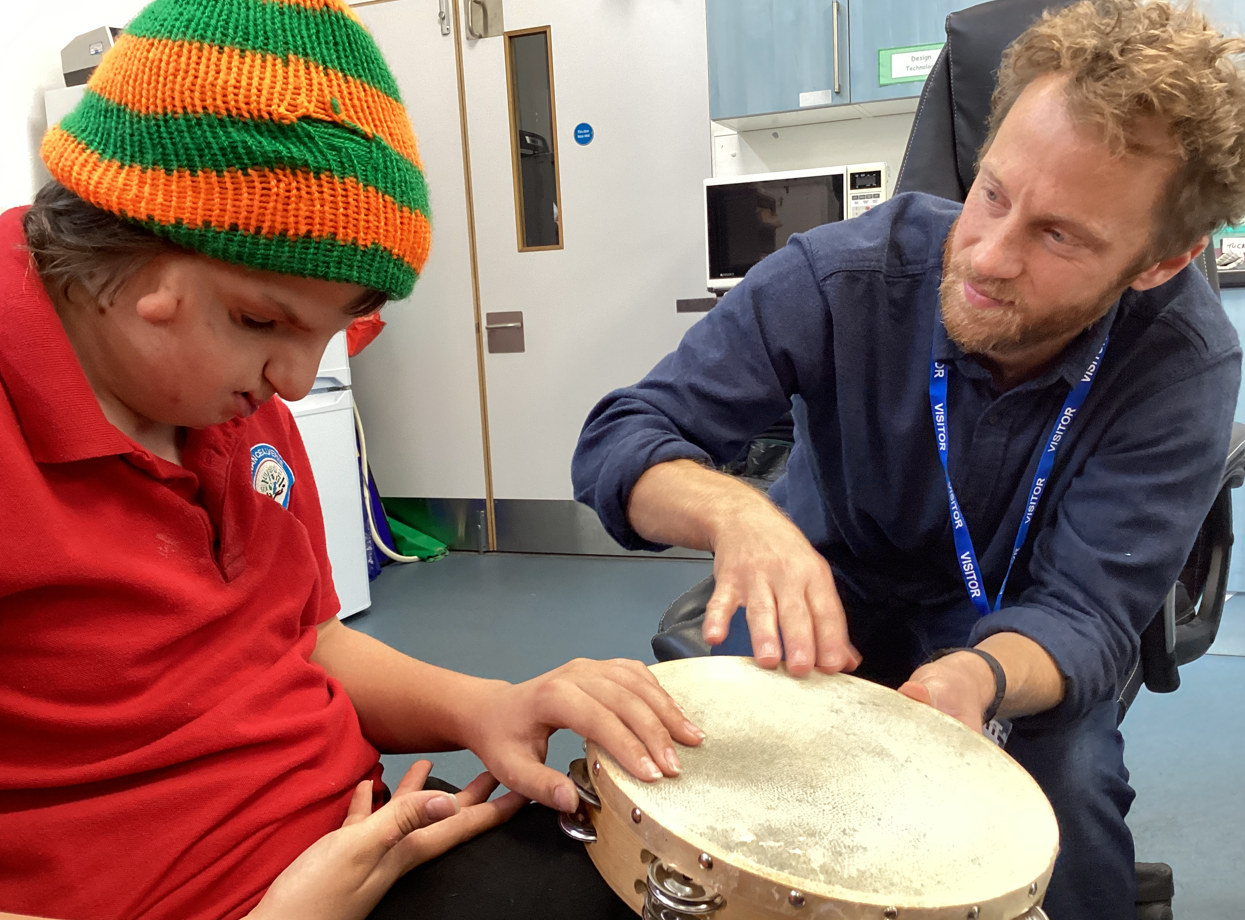
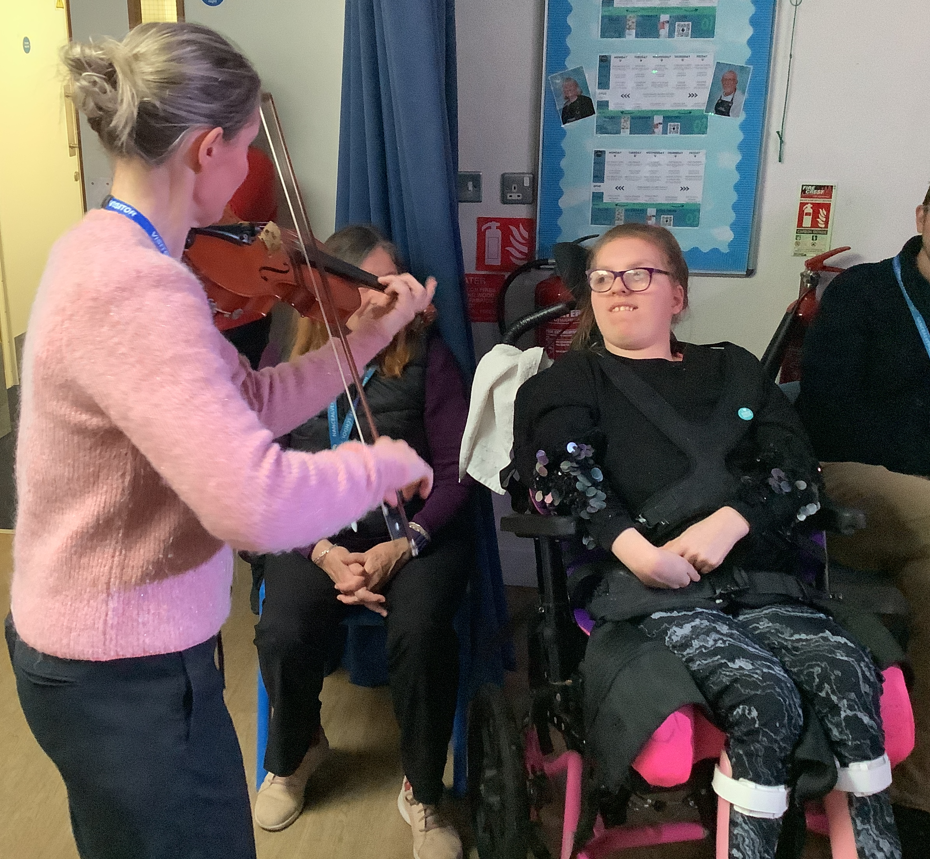

Music is embedded throughout our curriculum including daily phonics sessions, school choir and local cultural events. Pupils can also be referred to music therapy with a qualified therapist.
Secondary age pupils also have timetabled music sessions fortnightly where they look at different genres, composers, instruments. They have opportunities to explore music, listen and create and compose their own. We endeavour to give as many opportunities as possible to perform on celebrated days such as our Christmas nativity.
Early Years Foundation Stage (EYFS):
- Exploring sounds and making sounds with their own bodies and instruments.
- Recognizing and responding to different rhythms and melodies.
- Singing songs, rhymes, and simple tunes.
- Participating in musical games and activities to develop listening and concentration skills.
Key Stage 1 (KS1):
- Learning to read and write simple music notation.
- Playing a variety of instruments to develop technical and expressive skills.
- Singing in unison and in simple harmony.
Key Stage 2 (KS2):
- Improvising and composing short pieces of music using a range of instruments and technology.
- Listening to and appraising different styles of music from different cultures and times.
Key Stage 3 (KS3):
- Developing musical skills and knowledge through performing, composing, and appraising.
- Learning to play more complex pieces on instruments or voice.
- Composing longer pieces of music using more advanced techniques.
- Developing a deeper understanding of music theory and notation.
- Analyzing and evaluating different styles of music and exploring their cultural and historical contexts.
Key Stage 4 (KS4):
- Refining technical skills and developing a personal musical style through performance and composition.
- Developing a thorough understanding of music theory and notation.
Key Stage 5 (KS5):
- Studying a range of musical genres and styles in depth, and exploring their cultural and historical contexts.
- Developing skills in music production and recording, and exploring careers in the music industry.
Whilst we follow the objectives of a structured subject-specific curriculum, we offer highly differentiated and personalised learning programmes. We deliver a specialist, high-quality, and relevant education. This focuses on personal skills and academic achievement, setting high expectations for all. We appreciate that students may not be working at age-related or key-stage expectations, and therefore measure progress from individual starting points.

